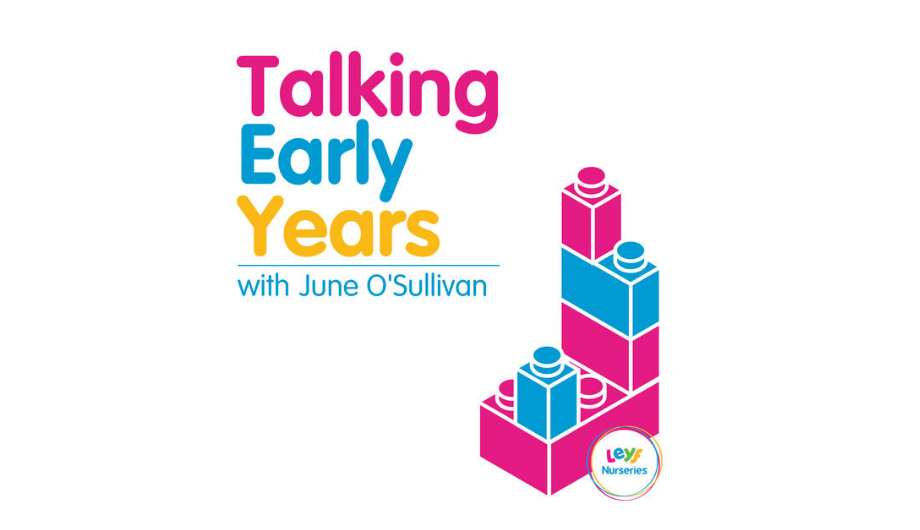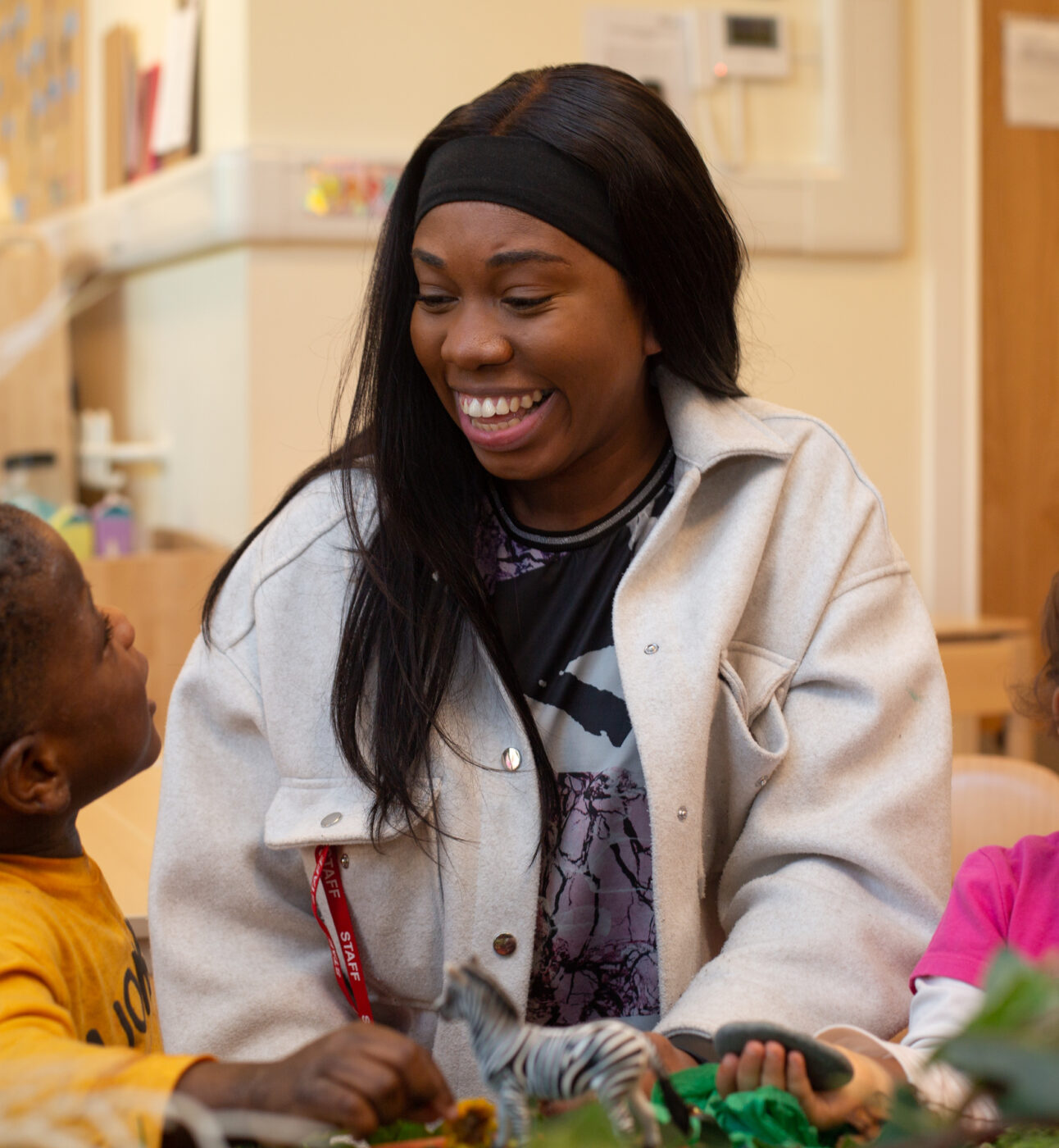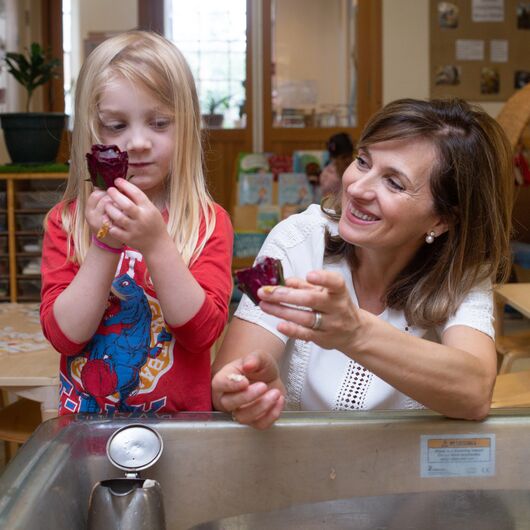
Talking Early Years: In Conversation with Matt Arnerich
We Are Famly! My first Podcast of 2024 is an interview with the very delightful Matt Arnerich, Director of Brand & Comms at Famly – an…
April 9th 2025
If you have been frog marched through books, why would you ever read for pleasure?
The award-winning author and screenwriter Frank Cotterell-Boyce is the 13th Children’s Laureate of the United Kingdom, a role created by BookTrust to champion every child’s right to a lifetime enriched with books and stories – recognising the transformative power of reading in children’s lives.
According to Frank, the last few years have been very tough for children in Britain. As book laureate, he has been travelling around the country visiting Early Years settings, talking to health visitors, neuroscientists and nursery staff, meeting parents and visiting prisons. What he noticed was a shocking rise in the mental fragility of children – fewer happy children and much higher levels of inequality. Children are bearing the brunt of austerity and the lasting impact of the pandemic, and the effects are undeniable – but he wants to help. In Frank’s mind, access to books is a matter of social justice.
Being read to and feeling comfortable around books have standout and obvious advantages. He reminds us that storytelling is deep in our DNA. We are creatures that tell stories. Books help with the storytelling. They are cheap and accessible. Frank is also a great supporter of libraries as a source of free books and a place where the relationship between reading and happiness can grow, and also make new friends.
He reflects on a visit where he watched an adult read the Gruffalo with all the ritual to a group of mesmerised children. I think he was surprised when I told him that Early Years teachers are not taught how to tell a story and read a book, it is an assumption that they can!
Frank describes reading to a child is a warm, beautiful act of love. Children love stories; they are mesmerised by them, but they are so much more than stories. I agree, and we talk about helicopter stories, the legacy of Vivian Gussin-Paley and the LEYF pedagogy of the sofa. He reflects on his meeting with neuroscientist Sam Wass, who showed him how a baby’s brain calms down and tunes into whoever’s reading to them.
He challenges the focus on creating reading as a decoding act, linked to vocabulary and literacy scores. He notes that while British children rank highly in terms of literacy, they fall to the bottom of the league table when it comes to reading for pleasure. He also reminds us about the increasing number of children arriving at school without having been read to, which means their first encounter with a book is like a meeting with a piece of alien technology that they’re being asked to operate. If you have been frog-marched through some books, why would you ever read for pleasure?

We Are Famly! My first Podcast of 2024 is an interview with the very delightful Matt Arnerich, Director of Brand & Comms at Famly – an…

Change the Way you Greet them There is a lot of concern about recently qualified staff who appear…

Slow Pedagogy Slow pedagogy calls for compassion where we actively do something to address suffering. …